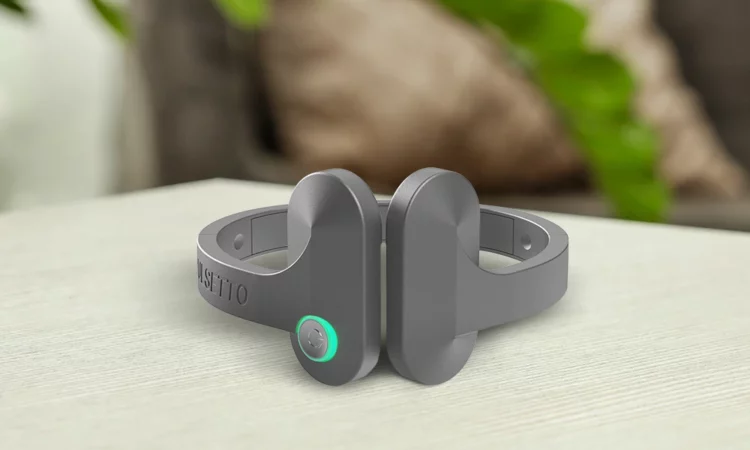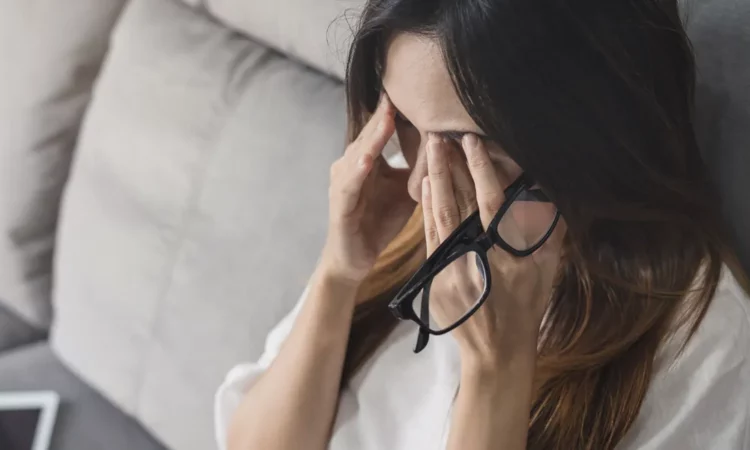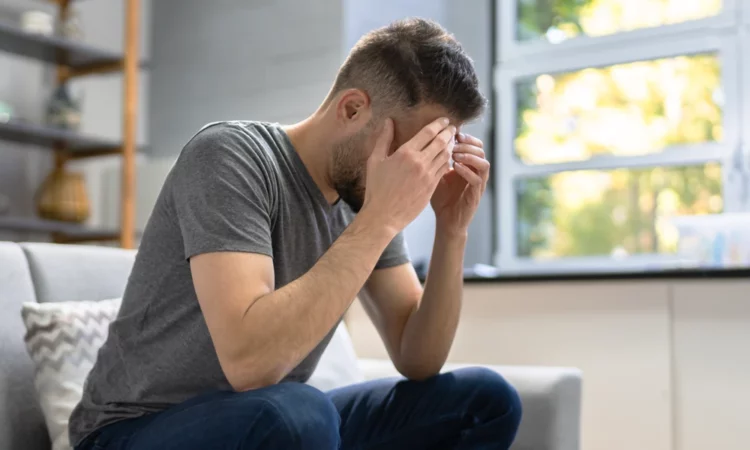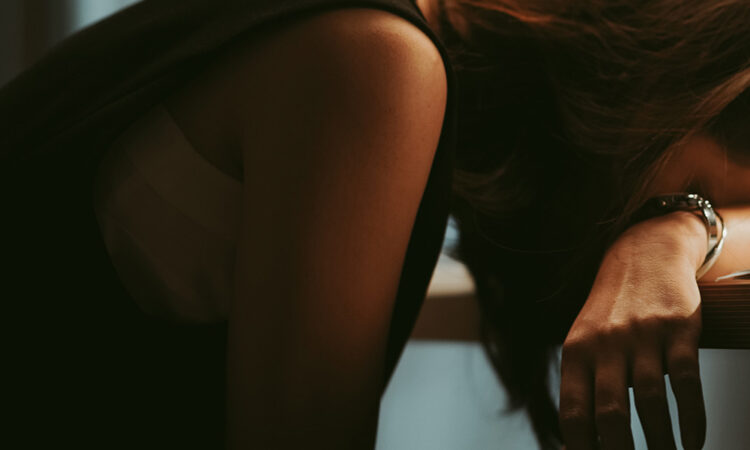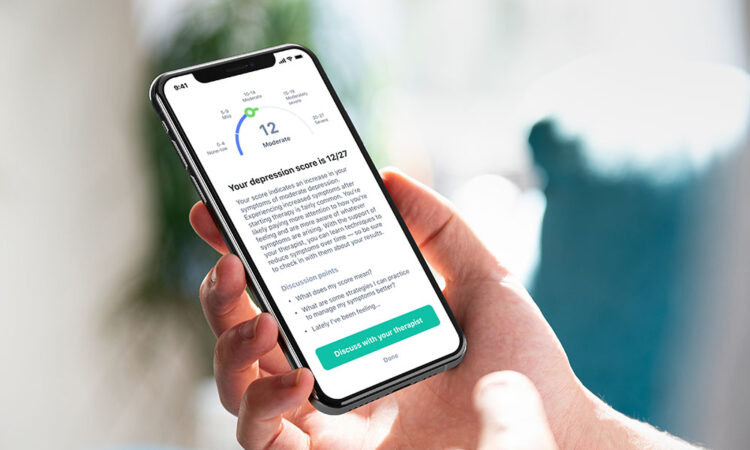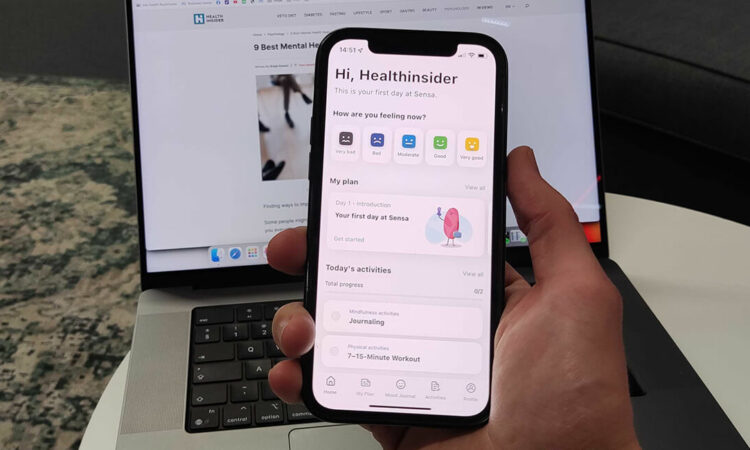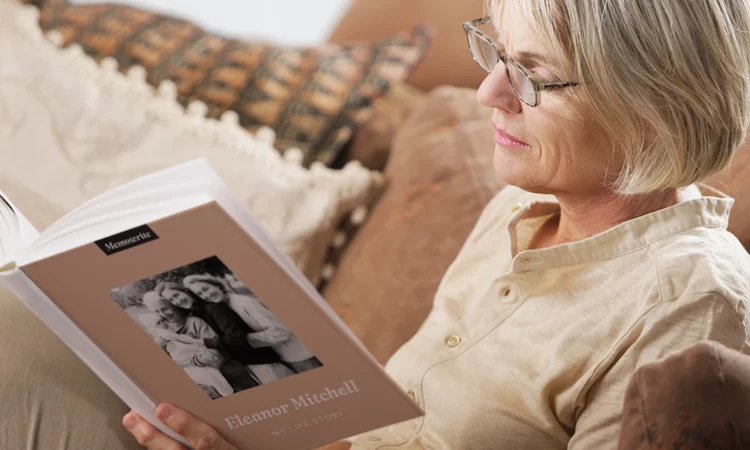 Psychology
Memowrite Review: Is This Memoir Writing Service Worth It?
Read more
Psychology
Memowrite Review: Is This Memoir Writing Service Worth It?
Read more Psychology
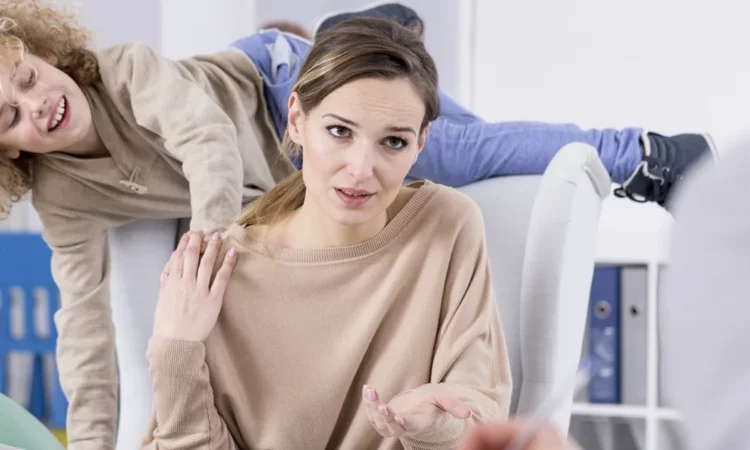 Psychology
ADHD May Go Undiagnosed – But How Can It Affect a Person’s Overall Mental Health?
Read more
Psychology
ADHD May Go Undiagnosed – But How Can It Affect a Person’s Overall Mental Health?
Read more 